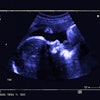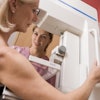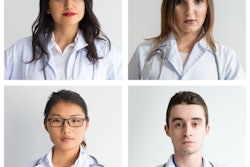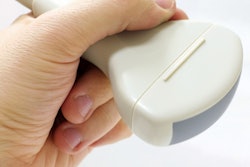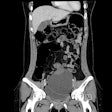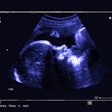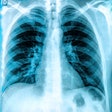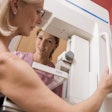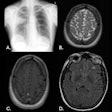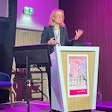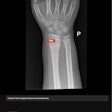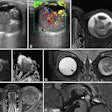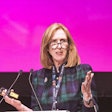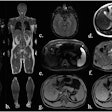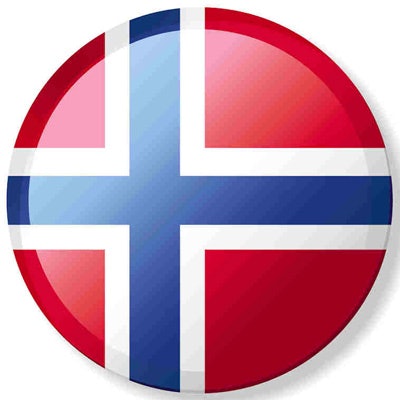
A novel educational program in Norway for all medical specialty trainees has now been fully implemented. The scheme is obligatory and covers topics such as ethics, understanding science, communication, quality, and patient safety.
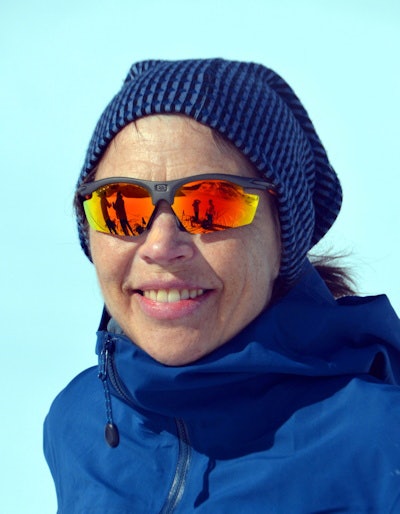 Dr. Åse Sulheim.
Dr. Åse Sulheim.Dr. Åse Sulheim, radiologist and head of the breast diagnostic department at Lillehammer Hospital, part of the Innlandet Hospital Trust, heads the module "How to communicate your own - and the patients' insecurity in an understandable way that makes the patient feel safe" for eastern Norway.
She spoke to AuntMinnieEurope.com about progress so far and why the course is important.
"The trainees tend to come from different specialties because the subjects covered in the sessions are universal regardless of what type of doctor you will become," she noted. "It's a challenging process which helps trainees mature. In fact, it is quite new for all of us, including the senior doctors who lead the groups."
The program was established by the Norwegian health ministry in 2019, but because of the need to prepare and organize the sessions, compounded by the COVID-19 health crisis, group work didn't start until May 2020.
Most hospitals in Norway have now established a working method: Smaller hospitals use interdisciplinary groups, while larger hospitals have departments that are big enough to create internal groups of residents, Sulheim noted. She has held several sessions so far, both with radiologists only and in groups of mixed specialties.
Trainees are placed into small groups with up to two senior doctors who guide them through each session, which has a loose "mentoring"-type format and can involve discussion, role play, and other types of activity. There are three such 90-minute sessions per year for the duration of the individual's five-year medical specialty training.
"In terms of content, there is no lecture. Our guidance is meant to make the residents think the subjects over, to reflect and to share experiences, and perhaps find some answers together in the group," she noted.
Sulheim's specific module is aimed at dealing with how the insecurity all medical professionals feel at times is expressed and managed. For instance, doctors don't always know the reasons for disease or the prognosis, and this must be communicated to the patient appropriately.
"Sometimes doctors' insecurities are more personal. We meet patients who ask questions which we cannot answer there and then. How do we deal with that? We reflect on how to make the patient trust us, and what to say when patients ask us direct questions," she noted.
With this in mind, groups work together to develop answers to questions such as how doctors should communicate a finding on ultrasound, and whether or not to tell the patient what they have found or leave that to the requesting doctor, and how to use a language the patient will understand.
Patient insecurities
The sessions also cover patient insecurities.
"Patients ask us what the reasons for their different symptoms are. Are they suffering from severe illness? Is it cancer? Is it serious? Can it be cured? Is the treatment painful? The goal is to make the patient feel safe and taken care of. We need to show interest in every one of them," Sulheim said.
While some of the program seems to be more concrete, covering how to understand and consider a scientific hypothesis in medical articles and protocols, and discussion of legislation and basic ethical principles, she underlined that her own sessions aren't lessons, but instead enable students to find their own responses. There aren't any "correct" answers, either, according to Sulheim.
"The point is to be aware of the mechanisms at play in communication with the patient," she said.

